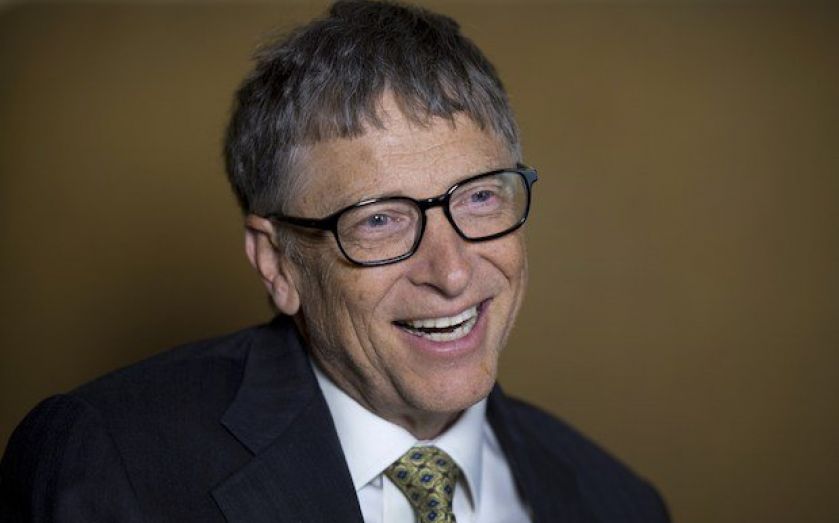The Long View: Bill Gates is gone and the dot-com era is over: It’s only the end of the beginning

AS FACEBOOK turns ten, and with Bill Gates stepping down as Microsoft chairman, it feels like something is drawing to an end. But if so, it is only the end of the technological revolution’s beginning.
It is extraordinary to look back now and think how visionary both Gates and Facebook’s Mark Zuckerberg were: Gates saw the possibility of a computer on every desk, in every home, at a time when they were nothing but a specialised, geeky hobby. Zuckerberg recognised that his site, which seemed to be little more than a way for a select group of graduates to stay in touch, could expand into a platform that re-engineered social sharing for the whole world.
But it is even more remarkable how, even as these visions mature, the world of tech is not quietening down. If anything, its creative ferment seems more furious than ever. This week, to little fanfare, a huge shakeup of the web’s naming conventions began, with site domains like soccer.guru coming online. A mere curiosity today, by the end of the year there will be hundreds of these new domains, several in non-Latin alphabets. The dot-com age is over, a sign that something entirely new, potentially even more exciting, is being born.
Try to look ahead ten years from now and the future is dark. Not because it is bleak, but because the sheer profusion of potential is blinding. Smartphones are set to outnumber PCs within months. After just a few more years, there are likely to be 3bn in use across the planet. In ten years, who knows – wearables? smart contact lenses? implants?
And that’s just the start. The internet of things is projected to be a $300bn (£183bn) industry by 2020. Bitcoin may yet prove itself the internet of money. Elon Musk of Tesla Motors said this week that, in 10 years, he hopes to be completing a rocket capable of launching a colonisation mission to Mars.
Back in 1999, digital guru Kevin Kelly wrote New Rules for the New Economy. It was somewhat buried in the rubble of the crash the following year. But Kelly’s argument was not about the potential of some shaky dot-com business models, and he didn’t make the mistake of thinking Microsoft was the template for what all companies would become. Rather, he said that decentralised networks were the new driving force of the economy.
Today, that seems undeniable. As we devise richer and better forms of personal connection, we discover not only the exponential acceleration such networks can achieve, but the way enlarged networks open up new ground on which ever more links can be built. We are just beginning to wake up to all the ways human beings can work together.
Jeff Bezos has said Amazon’s strategy is based on knowing that in ten years its customers will still want low prices. In ten years, human nature will still want to connect and create. So long as we can keep the opportunities to do so open, even greater achievements lie ahead.
Marc Sidwell is managing editor of City A.M.